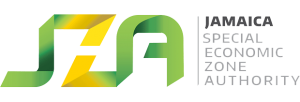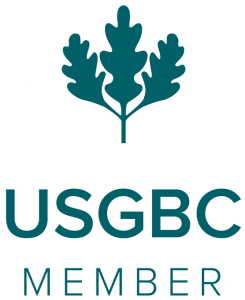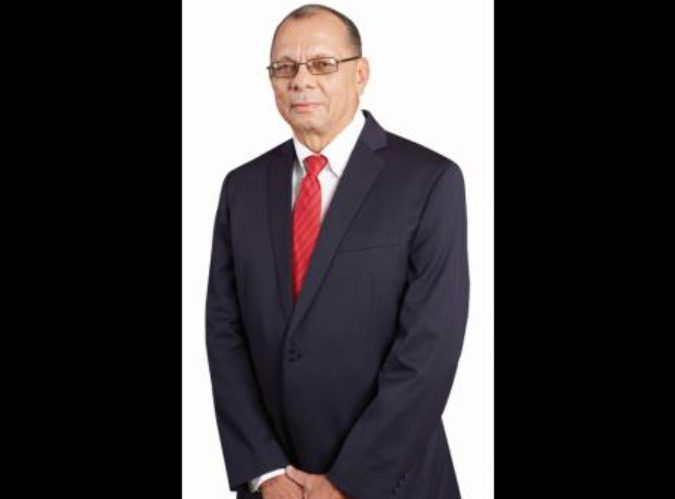Lasco Distributors Limited aims to power close to a third of its operation using solar energy, and potentially a portion of its sister manufacturing company at White Marl, St Catherine, through a 500-kilowatt photovoltaic system.
The buildout of the solar plant, which will be Lasco’s first adoption of a renewable source for electricity, is being done in partnership with the United States Agency for International Development, or USAID, and the University of the West Indies, both of which are collaborators on a new initiative called the Jamaica Renewable Energy Alliance, along with local organisations.
Lasco Distributors is the first company expected to tap into the alliance’s resource pool of US$50 million – funds that are earmarked to support ‘solar systems with battery storage’ investments over the next four years. USAID is contributing US$4 million of the funds.
Other members of the alliance include local renewable energy developer Wigton Windfarms Limited; international solar energy investor WRB Energy; technical consultancy firm Cadmus; the Jamaican Hotel and Tourist Association; Rocky Mountain Institute; Xergy Energy; and Green Solutions International.
The outcomes from Lasco’s project will be studied for the buildout of similar energy projects across the tourism and manufacturing sectors, in the first instance. The alliance’s goal is to accelerate the market for distributed solar and storage systems in Jamaica, while accelerating the transition to clean and sustainable energy sources.
Other Jamaican businesses have been investing in photovoltaic systems, but this alliance also prioritises power storage.
“It’s the largest one of its kind around with battery storage, which is the critical thing, so that when the sun goes down we will still have energy stored up. We have done all the pre-feasibility works along with all the partners and it is positive,” Deputy Executive Chairman for Lasco Distributors and Lasco Manufacturing Limited, James Rawle, told the Financial Gleaner on Tuesday.
“It will not power the entire Lasco operation, but it will power a significant portion of distribution activities, office activities and things like that, and even on the manufacturing side, to get us to upwards of 30 per cent of consumption; but the coverage depends on a lot of things,” said Rawle, who is also managing director of Lasco Manufacturing.
Lasco is currently in the process of securing suppliers for the solar panels and battery. Installation of the solar system will span nine months.
Rawle did not disclose how much the solar project is expected to cost or the expected savings to be derived from the investment, noting that the partners are still working through the details.
Since the outbreak of COVID-19 in Jamaica, Lasco has been adjusting its internal processes in response to changes in consumer behaviour and consumption patterns. The decline in sale of products that fall under the category ‘out-of-home consumption’ or ‘on-the-go consumption’ has been dramatic for Lasco Distributors, largely due to COVID-19 restrictions on gatherings, curfews and other mitigation measures.
Instead, demand has shifted to the company’s product lines categorised as ‘in-home consumption’.
“That has affected the entire supply chain, and manufacturing has been skewed to those products that are in higher demand. That’s the story of all food producers,” said Rawle. “It’s not only high-margin products that are affected.”
He added that some high-margin products continue to do well because they suit market preference “in the moment”, but that “some low-margin products that are not relevant to how consumption is taking place, is not moving, although they are really attractive in price”.
Lasco Manufacturing and Lasco Distributors have both reported double-digit increases in net profit for the quarter ending December 2020, a performance they credit to timely response to changes in the market throughout the pandemic.
Lasco Distributors’ earnings grew 41 per cent to $243 million on revenues of $5.2 billion, while the manufacturing business pulled in profit of $281 million on revenue of $2.07 billion in the quarter.




